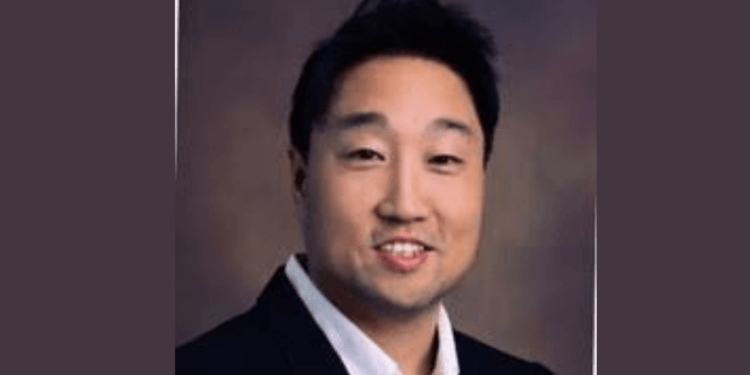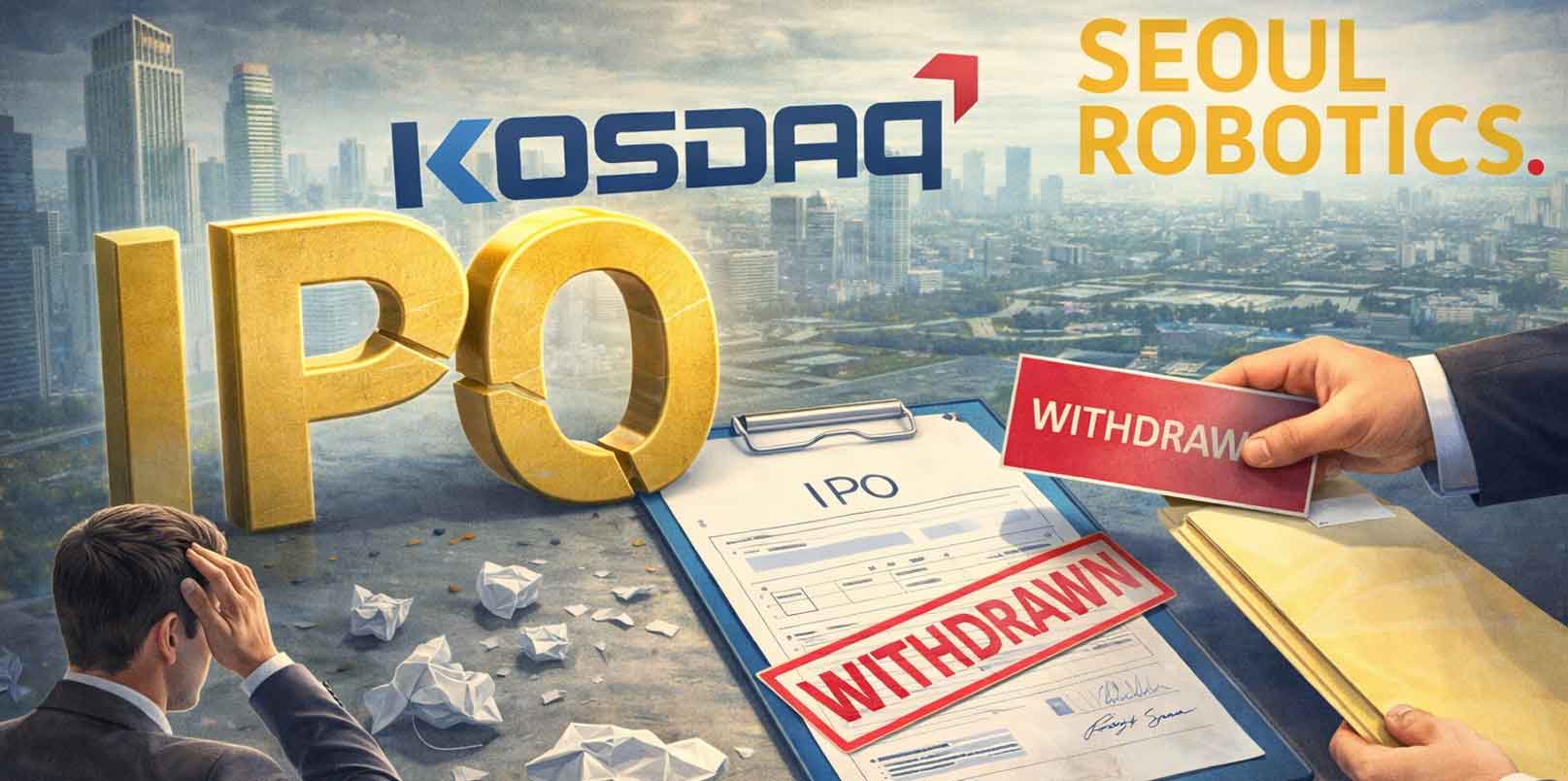The education technology market is increasing in size, and so is the demand for alternate ways of learning, especially in the ‘untact’ times of the COVID-19 outbreak.
According to a Korean startup, AKA’s CEO, Raymond Jung, the education technology market’s size is expected to reach $ 285.2 billion by 2027, creating a significant market opportunity for firms that use personalized conversational learning like AKA. The startup has developed AI robots and engines that help to improve communication. Musio, one of the company’s products, is expected to teach English to non-English speakers.
AKA’s CEO and serial entrepreneur Raymond Jung talked to koreatechdesk.com about AKA and how it plans to be the next educational digitization and e-learning giant.
1. Please tell me about your background and what motivated you to get started with your company?
I’m a serial entrepreneur, originally from a software engineering background. Before starting AKA, I co-founded HACKERS Education Group, Korea’s number one English Education Private institution and investment firm in the US and Korea.
These two experiences have set the foundation for my motivation to start AKA. My inspiration was to see changes in the era of AI, such as using intellectual power to supplement or substitute the human labor force. For example, we are using our technology in schools to increase native English teachers and provide cognitive support for seniors.
2. What is your current main product, and can you share any previous product pivot story to the present work?
Our main products are Musio; an AI AI social robot and MUSE, an AI AI communication engine that functions as a SaaS platform. MUSE comes in 3 different forms – API, Data and Mobile App, which can be embedded in any hardware devices, like in our robot Musio or Pepper.
One success case is our collaboration with Chungdahm Learning Group, who developed Vena Talk, using our APIs and data. We are planning to expand these services into the Southeast Asian Market.
3. What is the market opportunity for your product ?
The market for digitization and e-learning is increasing rapidly to meet the demands of quality education. The size of the education technology market is expected to reach $ 285.2 billion by 2027, with a compound annual growth rate of 18.1% between 2020 to 2027.
One important aspect of e-learning is the potential for conversational learning solutions. This way of teaching often makes the learning process for children more interactive and fun. Therefore, there exists a significant market opportunity for services like ours, where personalized conversational learning is in focus.
4. What’s your business model, and how have you grown your revenue? What strategy worked best?
AKA develops in-house AI AI software services, which serve as the foundation for business growth opportunities. In the case of Musio, our current primary market focuses on Japan, where we work with schools and educational institutions to bring Musio to the classroom. In the beginning, we had to visit each school individually, but that was a very time-consuming process. Therefore, we changed our strategy to a top-bottom approach. We started to target city councils directly, and in that way when one city council accepts Musio, most schools in that city will implement Musio into the curriculum.
5. Please tell me more about your founding team.
Our founding team is a group of passionate and young people who share the same values in digitizing the education system. Initially, we built our first product as an English education mobile app, to bring more value to our products, AKA went through an M&A with a hardware company, and this is what built the foundation for AKA today.
6. How much money have you raised in total so far? When was the recent funding round?
Up until today, we have raised approximately $21 million MM through a series of investment activities. Our investors are globally well-known, such as Formation 8 (founded by a PayPal Mafia member), Quad Asset Management, Gakken Education Group. Our most recent growth round started last year, but we are open to getting investments for the subsidiary entity that will begin in Indonesia. We now take a strategy to raise a fund for a local subsidiary directly from the local investor.
7. What are the biggest challenges and obstacles that you have faced in the process of fund-raising? If you had to start over, what would you do differently?
Fortunately, we have not faced any significant challenges or obstacles in the process of fund-raising. However, if we could start over, we would like to rearrange our investors in a more organized manner.
8. What are your milestones for the next round? And what are your goals for the future?
For our next step, we would like to expand our overseas business, such as Indonesia. Therefore, we would like to establish an entity in Indonesia and start Seed or Pre Series A round of investments.
9. How have you attracted users and with what strategy have you grown your company from the start to now?
We have mostly been focusing on our B2B market, which consists of partnerships with schools and educational institutions. Our primary strategy to attract general users is to use a B2B2C approach, where students get a chance to experience our products and would, later on, ask their parents for their own. That is one way we found to attract users.
10. What do most startups get wrong about marketing in general?
From my experience, as a startup, it is ubiquitous to try to bring new ideas to the market that can be hard to actualize due to lack of prior research or knowledge. However, chasing market trends to the point of replicating other products can also be a problem. Therefore, it is about finding a balance between the two.
11. How do you plan to expand globally?
AKA’s headquarters is based in the US, with global offices in Tokyo, Seoul and Shanghai. We are happy to expand to other countries or regions that have market potential.
12. How do you handle this COVID-19 outbreak situation for your company’s survival in the future?
As mentioned earlier, the market for e-learning and digitization is growing exponentially in the next couple of years. COVID-19 will only spur this market trend as there will be a higher need for online solutions when face-to-face education is not possible. Fortunately, MUSE provides an excellent opportunity for those posing issues of providing English education practice for children, even when they are not able to do so in the classroom.
13. What’s the best advice you’ve ever received? And what advice do you have for someone interested in doing similar things like yours or in a similar direction?
Stay hungry, Stay Foolish
14. What are the top-three books or movies (TV series) that changed your life and why?
My top three books are Billy Elliot by Melvin Burgess, The Hitchhiker’s Guide to the Galaxy by Douglas Adams and Inspired by Marty Cargan. They all changed my life in different ways, but Inspired gave me inspiration as to how to run my own company.
15. How do you keep yourself motivated every day?
As a DNA-driven Entrepreneur, my motivation lies in ensuring my company’s continual success and is driven by passion towards my company.
You can follow AKA here,
【NEW】MusioでNHK出版英語コンテンツを学習できるセットが登場!
大人気のNHK出版の英語学習コンテンツとMusioがセットになった新商品2種類を新発売\(◎…
Posted by Musio(ミュージオ) on Friday, September 11, 2020
Read more about EdTech startups on koreatechdesk.com,
- Korean EdTech startup Riiid hosts a global AI-Education challenge worth $100,000
- Korean EdTech CUBROID designs Coding learning solutions for children; develops compact AI-Coding Robot ARTIBO
- Korean Edutech startups that are revolutionizing learning
- Korean startup KnowRe makes learning mathematics interesting and fun






